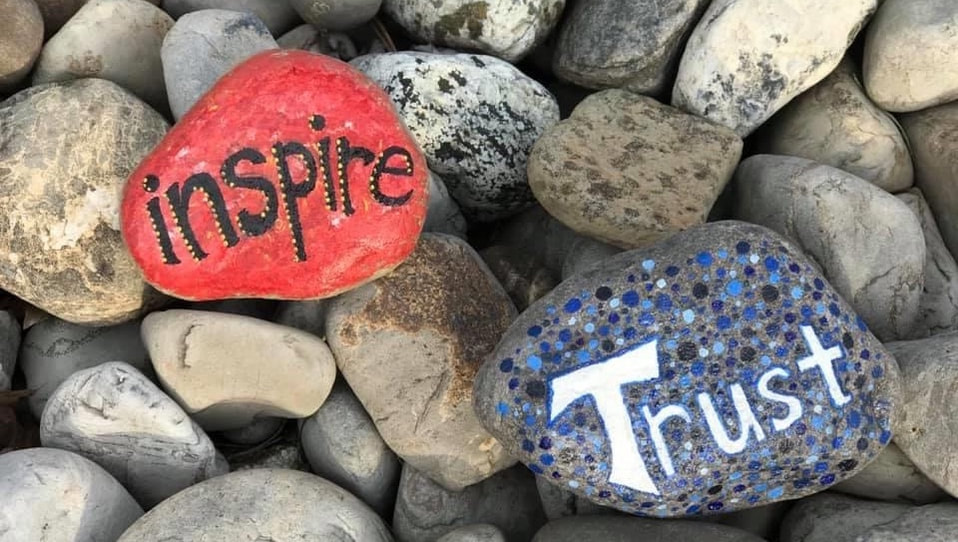Museum leadership is making important decisions beyond day-to-day operations to respond to an uncertain future. We are challenged to think outside our usual modes of ‘business as usual” because our situation is unprecedented. In this moment, we need to pause and consider how administrative actions impact the community we build with our staff, partners, and audiences. We believe an empathetic response to staff and surrounding communities will have a long-term benefits that go well beyond financial gains.
We are noticing that many institutions are asking similar questions :
- How can we use this time to refocus what our organization does? What opportunities are there to dream and reimagine our organization's role in the community for the long-term?
- What is the bottom-line for our organization? And what does that bottom-line look like to our staff and surrounding public?
- How can we think creatively about our financing in ways that express our values to the remaining staff?
- How will our actions continue to garner public trust and bring people together in this moment of societal need?
- How do our actions benefit our invested community partners and audiences during a pandemic?
- How does this state of emergency challenge or change our organization's role within the local non-profit and/or cultural community?
- Which costs will be essential to crafting a longer vision and which will have less infrastructural impact over time?
- How does our organization keep in touch with its community partners (artists, educators, schools, other orgs)? How can we make them part of a team with an investment in the response we are crafting to the current crisis?
- How does our organization's leadership want to connect differently with its staff? And its audiences, donors included, once things get back to "normal?" What actions are we taking now that set the momentum for this new connection?
These are just some of the important questions we hope colleagues will consider as we rise up to meet this moment. We want organizations to survive this epidemic with both resiliency and public trust. An empathetic approach to the hard decisions we are currently making may be a way of becoming a more inclusive and responsive cultural institutions moving forward.

 RSS Feed
RSS Feed
